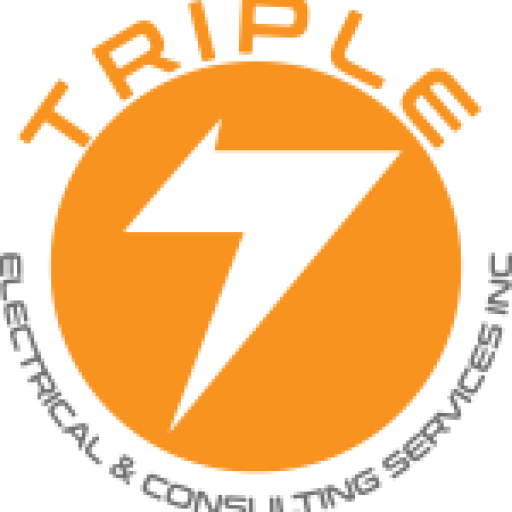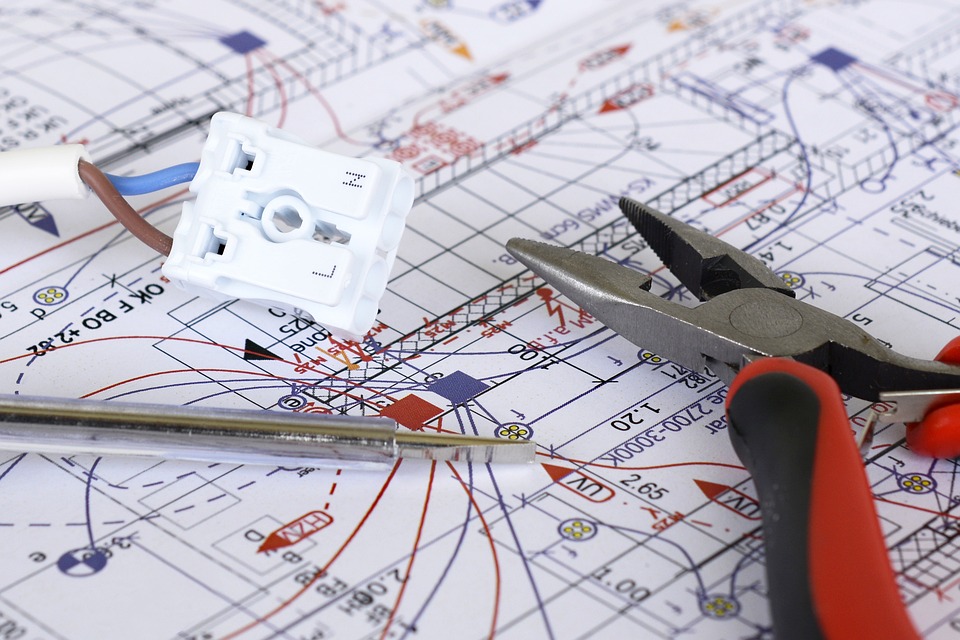As a homeowner or business owner, you may need to hire an electrical contractor to perform electrical work on your property. One of the most important steps in this process is getting an accurate estimate of the cost of the project.
However, not all electrical estimates are created equal, and choosing the right type of estimate for your project can make a big difference in terms of cost, quality, and timeline.
In this article, we’ll take a closer look at the different types of electrical estimates available and provide guidance on which one may be right for your project.
Time and Materials (T&M) Estimates
Time and materials (T&M) estimates are based on the actual time spent by the electrician working on the project, plus the cost of materials used. T&M estimates are often used for projects where the scope of work is uncertain or where changes to the scope of work are likely.
T&M estimates are often more flexible and can allow for changes in the scope of work, but they can also be more expensive if the project takes longer than expected or if the cost of materials increases.
Lump Sum or Fixed Price Estimates
Lump sum or fixed price estimates provide a set price for the entire project, regardless of the actual time spent or materials used.
Fixed price estimates are often used for projects with a well-defined scope of work, where the risks and uncertainties are low.
Fixed price estimates can be more predictable in terms of cost and timeline, but they may not allow for changes in the scope of work without additional costs.
Unit Price Estimates
Unit price estimates are based on a set price per unit of work, such as per foot of wire or per fixture installed. Unit price estimates are often used for projects with a high degree of repetition or standardization, where the work can be broken down into predictable units.
Unit price estimates can be more precise in terms of cost, but they may not take into account the specific needs of the project.
Time and Materials with a Guaranteed Maximum Price (GMP)
Time and materials with a guaranteed maximum price (GMP) estimates combine the flexibility of T&M estimates with the predictability of a fixed price estimate.
Under a T&M with GMP estimate, the contractor agrees to complete the project for a set price, but the cost of the project is based on the actual time spent and materials used, up to a maximum price.
T&M with GMP estimates can be a good choice for projects where the scope of work is uncertain, but where the customer wants to limit the potential costs.
How to Choose the Right Electrical Estimate for Your Project?
Assess the Scope of Work
Before selecting an estimate type, carefully evaluate the scope of work for your project. If the project is clearly defined with low risks and uncertainties, fixed price or unit price estimates might be suitable. However, if the scope is uncertain or likely to change, consider time and materials (T&M) or T&M with a guaranteed maximum price (GMP) estimates.
Evaluate Your Budget
Your budget plays a significant role in determining the most appropriate estimate type. For those with a tight budget, fixed price or unit price estimates can help avoid cost overruns. On the other hand, T&M or T&M with GMP estimates may offer more adaptability for projects with a flexible budget.
Consider the Project Timeline
Project deadlines also influence the choice of estimate type. If you have strict deadlines, opt for fixed price or unit price estimates that provide more predictability in the project timeline. T&M or T&M with GMP estimates are suitable for projects with flexible timelines and can accommodate changes more easily.
Factor in Project Complexity
The complexity of your project should also be taken into account when selecting an estimate type. Simple projects can benefit from fixed price or unit price estimates, while complex projects may require the flexibility of T&M or T&M with GMP estimates to address unforeseen challenges.
Analyze the Contractor’s Reputation and Experience
The reputation and experience of the electrical contractor play a significant role in determining the appropriate estimate type. Trustworthy and experienced contractors can work well with T&M or T&M with GMP estimates, whereas less-known or inexperienced contractors may necessitate the control provided by fixed price or unit price estimates.
Understand the Impact of Change Orders
If you anticipate significant changes during the course of the project, T&M or T&M with GMP estimates offer greater flexibility to accommodate those changes. In contrast, fixed price or unit price estimates can help maintain cost stability when minimal changes are expected.
Negotiate and Communicate with the Contractor
It’s essential to maintain open communication with your contractor and discuss your concerns and preferences to find the best estimate type for your project. Ensure that both parties understand and agree to the terms and conditions of the chosen estimate type.
Conclusion
Selecting the right electrical estimate for your project is essential for ensuring high-quality work within your budget and timeline.
By considering factors such as the scope of work, budget, and project complexity, you can make an informed decision and choose the best estimate for your specific needs.
Maintain open communication with your contractor and be prepared to negotiate the terms of the agreement to guarantee a successful project outcome.


